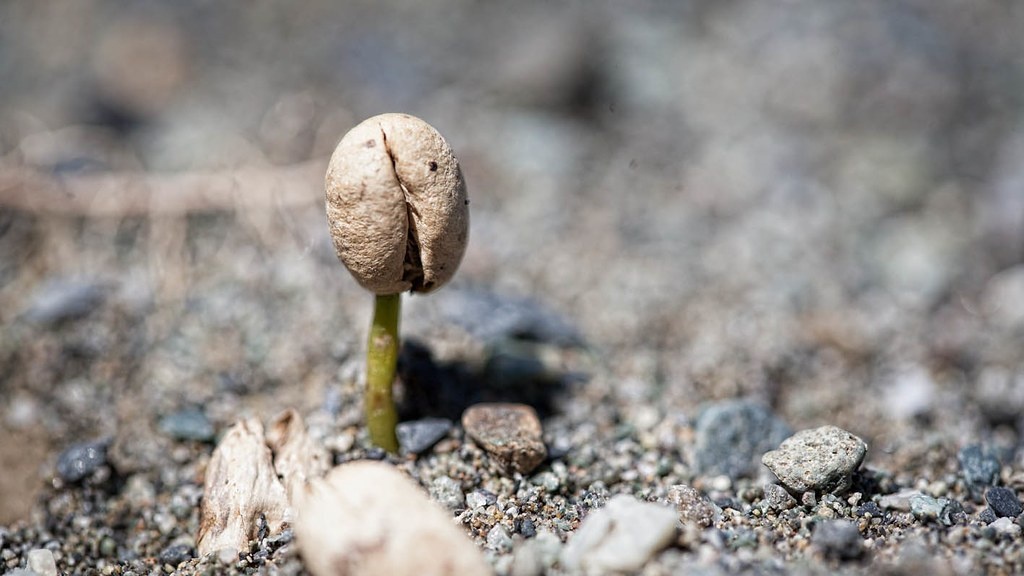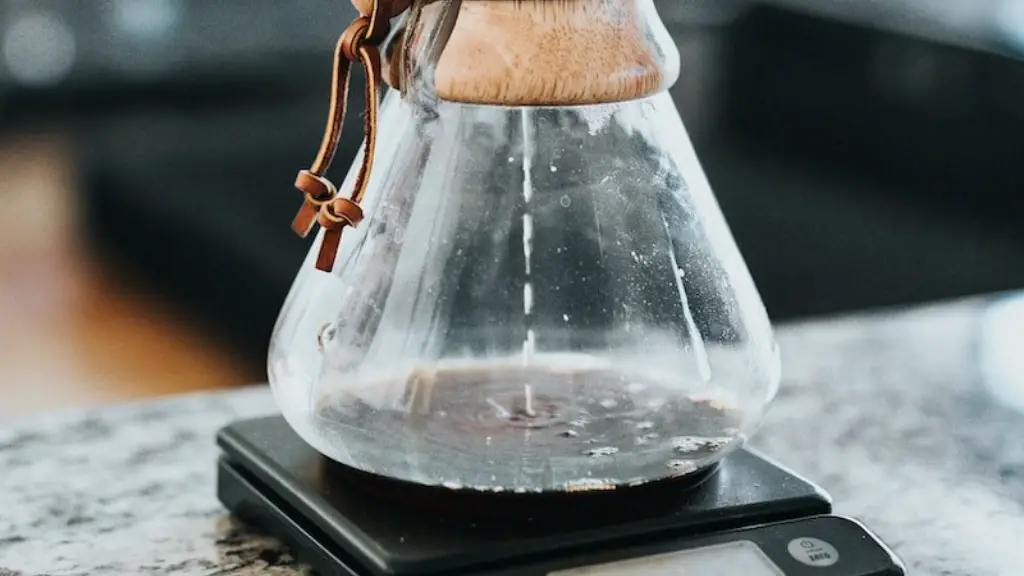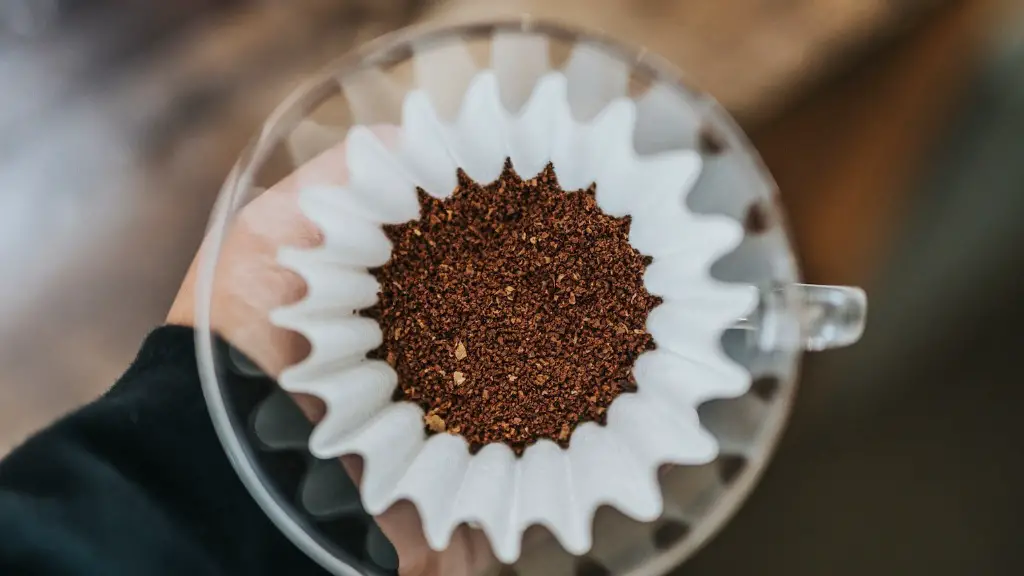Oral health and dental implants
When considering dental implants, many factors should be taken into consideration, including whether or not it is safe to drink hot coffee after getting one. Even though dental implants have become much more commonplace in recent years, it is still important to understand the risks and benefits involved, as well as proper oral hygiene and care routines.
A dental implant is a surgical procedure designed to replace missing teeth or to provide secure dental prosthesis. The procedure involves implanting a metal device, usually made from titanium, into the jawbone directly and then attaching a tooth or dental prosthesis to the implant. It can take several months or even years for the implant to bond to the jawbone, and then it can provide a secure and often permanent replacement for the missing tooth.
With regards to drinking hot coffee, it is possible that the heat of the beverage can cause discomfort or irritation to the implant, especially in the weeks after the procedure. According to their website, Oral Health Foundation, “it is important to avoid drinking any hot drinks or placing any heat on the implant site within the first three weeks. Hot drinks, such as coffee or tea, can cause discomfort and sometimes harm to the area, particularly in the early stages of healing.” This means that if the implant is still healing, it is best to avoid hot drinks, such as coffee, as they can cause discomfort and in some cases, harm to the implant and surrounding area.
Furthermore, according to the American Dental Association, “. . .a dental implant will require the same amount of attention as a natural tooth in order to ensure that the implant is integrated into the jawbone and continues to be healthy and long-lasting. This means keeping up good oral hygiene practices such as brushing twice a day for two minutes, flossing daily and attending regular dental appointments”. Therefore, after getting a dental implant, taking care of the implant and the surrounding area is important for the health of the implant and for the overall health of the mouth.
Risks and Benefits of Dental Implants
As with any dental procedure there are a few risks associated with receiving a dental implant, the most common being infection. As with any surgery, there is a risk of infection, so it is important to follow post-operative instructions and attend regular follow-up appointments to reduce the risk of infection. There is also a smaller chance of the implant becoming loose or moving around the jawbone.
On the other hand, there are many benefits to getting a dental implant. Implants can provide a secure, long-lasting and aesthetically pleasing solution to missing teeth and even with an implant, it is still possible to eat and drink as usual. Due to the fact that dental implants fuse to the jawbone, they provide extra support and stability to the surrounding teeth and can ultimately improve the overall function and structure of the mouth.
Furthermore, dental implants are relatively painless and fast to install; the procedure can often be completed in a single visit and the recovery time is relatively short compared to traditional procedures. Furthermore, implants do not require replacing as they are lifetime solutions.
Oral Hygiene After Receiving a Dental Implant
It is important to take proper care of the implant in order to ensure its longevity and to avoid infection. The American Dental Association suggests that, “implants require good oral hygiene, just as natural teeth do”. This means brushing and flossing the implant and surrounding teeth twice a day with a gentle hand and using an antibiotic mouthwash after brushing. Improper oral hygiene can lead to periodontal disease which can affect the integrity of the implant, the surrounding teeth and the gums.
It is also important to avoid using mouthwashes that contain alcohol, as this can cause discomfort and dryness and can increase the chance of infection. Additionally, it is important to avoid putting too much pressure on the implant when biting, as this can cause discomfort and could cause the implant to become loose or damaged.
Correct Eating Habits After Receiving a Dental Implant
Following a dental implant, it is important to avoid hard, crunchy and sticky foods as these can cause discomfort. Foods such as nuts and chips can cause the implant to become loose or to even fall out, so it is important to be careful and avoid such food entirely for the first few weeks after the procedure.
Soft foods such as porridge, mashed potatoes, soups and yoghurt should be consumed when possible, as these can help to reduce the risk of infection. Additionally, foods such as applesauce, mashed bananas and avocado can help to reduce any tenderness in the mouth. Chewing slowly and gently can also help, as this prevents any excess pressure from being placed on the implant.
Drinking Hot Beverages After Receiving a Dental Implant
As previously mentioned, it is important to avoid drinking hot beverages, such as coffee, tea or hot chocolate in the weeks following the dental implant procedure. This is because the heat can cause irritation or damage to the implant, especially while it is healing. To reduce the risk of any harm being done to the implant, it is best to stick to cold drinks that do not contain a lot of sugar.
If cold drinks do not satisfy the cravings, then there is the option of drinking warm drinks. Some people have found that drinking warm herbal and fruit teas are beneficial as they are packed with antioxidants, which can help speed up the healing process, as well as providing a comforting boost. Switching to decaffeinated drinks is also an option, as this will help to reduce the risk of dehydration, which can be caused by caffeine.
Additional Factors to Consider
It is also important to consider any medications that the patient may be taking, as these can interfere with the healing process and increase the chance of infection. Any medications containing steroids should be avoided as these can interfere with the body’s ability to heal. Patients with medical conditions such as diabetes or heart disease should consult their doctor before having the implant, as they are at a higher risk of developing an infection.
Additionally, if you do experience any pain or discomfort after having the implant, it is important to contact the dentist straight away as this could be a sign of infection or injury. A Sign of a serious infection would be a fever, swelling, tenderness in the jaw or mouth and pain. So if any of these signs appear, it is important to contact a doctor or dentist as soon as possible.
Conclusion
All in all, it is important to take good care of a dental implant in order to ensure its longevity and to prevent any potential damage. Drinking hot drinks, such as coffee after getting a dental implant, is not recommended, as the heat can cause discomfort or harm to the implant and the surrounding area. It is best to stick to cold drinks and warm herbal and fruit teas until the implant has completely healed. Furthermore, maintaining good oral hygiene and reducing any excess pressure on the implant are important in order to ensure the health of the implant and the mouth as a whole.




